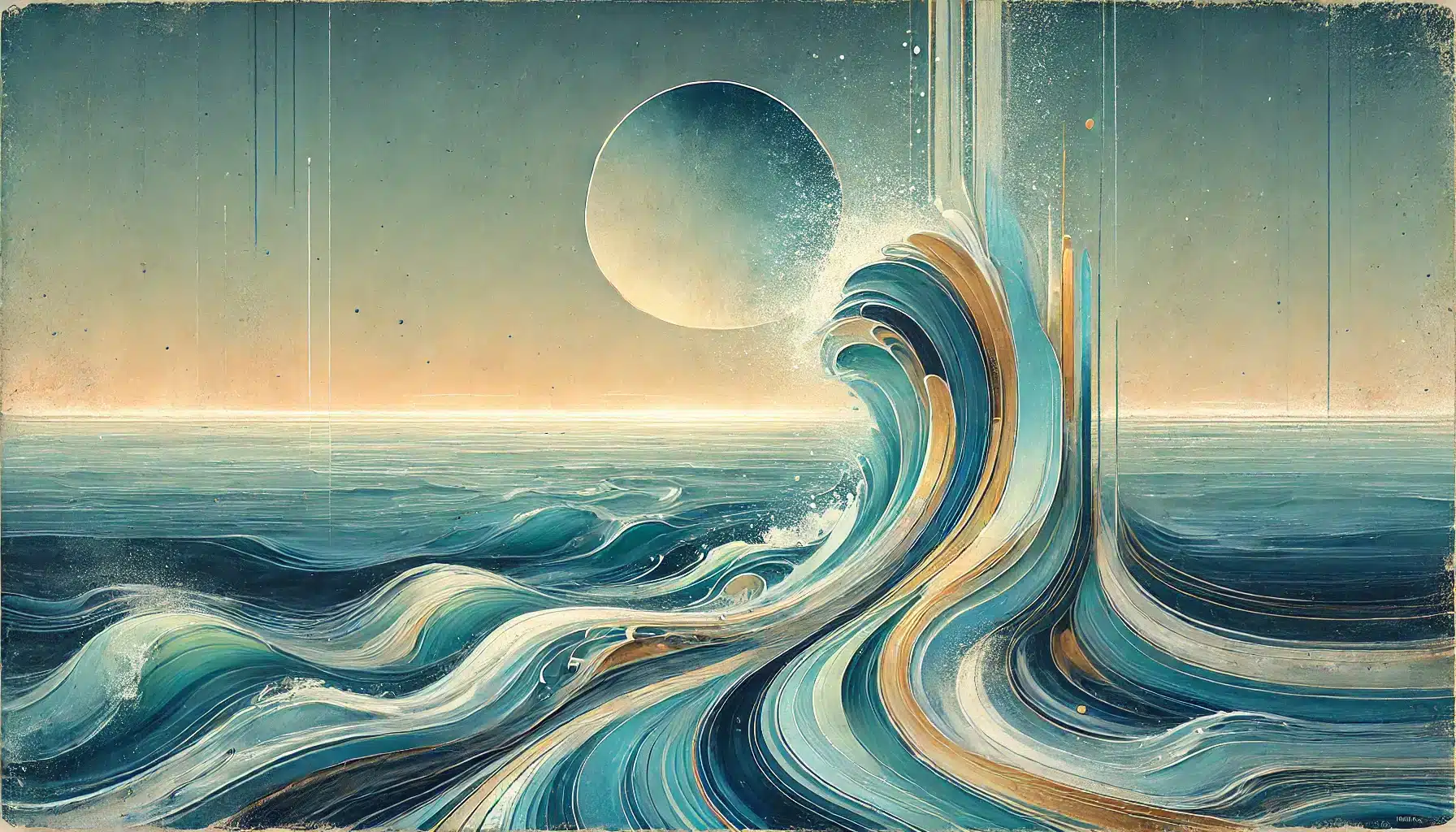What is Mother Ocean Day?
Mother Ocean Day is observed annually on May 10 to honor and appreciate the vast oceans that cover over 70% of the Earth’s surface. This day serves as a reminder of the oceans’ critical role in sustaining life, regulating the climate, and providing habitat for countless marine species. It also emphasizes the importance of preserving marine ecosystems and promoting responsible environmental practices to protect the health of our oceans for future generations.
The oceans are home to diverse life forms and support human activities such as fishing, tourism, and transportation. However, pollution, overfishing, and climate change threaten marine ecosystems worldwide. Mother Ocean Day encourages individuals, communities, and organizations to take action in preserving and restoring ocean environments through education, conservation efforts, and sustainable choices.
History and Origin
Mother Ocean Day was established in 2013 by the South Florida Kayak Fishing Club to raise awareness about the importance of ocean conservation. Recognizing the oceans as the largest ecosystem on Earth, the initiative was created to encourage people to appreciate and protect marine environments.
Since its introduction, the day has gained support from environmental organizations, conservationists, and local communities, inspiring initiatives that promote sustainable practices and raise awareness about threats to marine ecosystems. The movement continues to grow, with more individuals participating in educational programs, clean-up efforts, and advocacy for responsible environmental policies.
Who Participates in Mother Ocean Day?
- Environmental organizations: Groups dedicated to marine conservation and environmental protection often organize events and campaigns to educate the public about ocean preservation.
- Educational institutions: Schools and universities may host workshops, seminars, or beach clean-up activities to engage students and communities in ocean conservation efforts.
- Local communities and individuals: People worldwide participate by organizing or joining local events, such as beach clean-ups, educational programs, or simply spending time near the ocean to reflect on its importance.
- Marine researchers and scientists: Conduct studies and share findings on ocean health, pollution, and sustainable practices to support conservation efforts.
- Businesses and eco-conscious brands: Promote sustainable products and initiatives that help reduce plastic waste and protect marine life.
Slogans and Themes
Mother Ocean Day promotes themes of ocean conservation, environmental awareness, and sustainable living. The day encourages communities and individuals to take action to protect the marine ecosystem and make responsible choices.
Popular slogans include “Protect Our Oceans,” “Save Marine Life,” and “Keep the Sea Plastic-Free.” These messages highlight the urgent need to reduce pollution, promote sustainability, and preserve the ocean’s biodiversity.
Colors, Symbols, and Patterns
Colors
- Blue: Represents the vastness and depth of the oceans.
- Turquoise: Symbolizes the clarity and beauty of marine waters.
- White: Reflects the purity and cleanliness of unpolluted ocean environments.
Symbols
- Waves: Depict the dynamic and ever-changing nature of the sea.
- Marine animals: Icons like dolphins, whales, and sea turtles represent the diverse life sustained by ocean habitats.
- Anchors: Symbolize stability and the human connection to maritime activities.
Patterns
- Ripple patterns: Mimic the surface movement of water, emphasizing fluidity and interconnectedness.
- Marine flora designs: Illustrations of seaweeds and coral patterns highlight the importance of underwater plant life.
- Circular wave motifs: Represent the cyclical nature of ocean currents and the balance within marine ecosystems.
Most Used Hashtags
- #MotherOceanDay
- #ProtectOurOceans
- #SaveMarineLife
- #OceanConservation
- #KeepOceansClean
How to Celebrate Mother Ocean Day
- Participate in beach clean-ups: Join local efforts to remove litter and pollutants from shorelines, directly contributing to healthier marine environments.
- Attend educational events: Engage in workshops, lectures, or film screenings that focus on ocean conservation and the challenges facing marine ecosystems.
- Support sustainable seafood choices: Opt for seafood from sources that follow environmentally responsible practices, reducing the impact on ocean life.
- Reduce plastic usage: Minimize single-use plastics in daily life to decrease pollution entering the oceans.
- Share information: Use social media platforms to spread awareness about the importance of ocean conservation, utilizing relevant hashtags to reach a broader audience.
Why is Mother Ocean Day Important?
Mother Ocean Day highlights the significance of oceans in sustaining life on Earth. The oceans play a crucial role in regulating climate, absorbing carbon dioxide, and producing oxygen. However, increasing pollution, overfishing, and habitat destruction threaten marine ecosystems. Raising awareness about these issues helps drive positive change and encourages individuals and organizations to take action.
This day also fosters a sense of global responsibility and community. People from different backgrounds and locations come together with a shared mission of protecting the oceans. By promoting education, sustainable practices, and conservation efforts, Mother Ocean Day encourages long-term solutions to preserve marine environments for future generations.
Related articles
Features
May 10: Mother Ocean Day
Why do you keep falling for the same type?
Read the article Lovemaps: the hidden blueprint of our love.
Did you not find what you were looking for? Let me help you find more.

